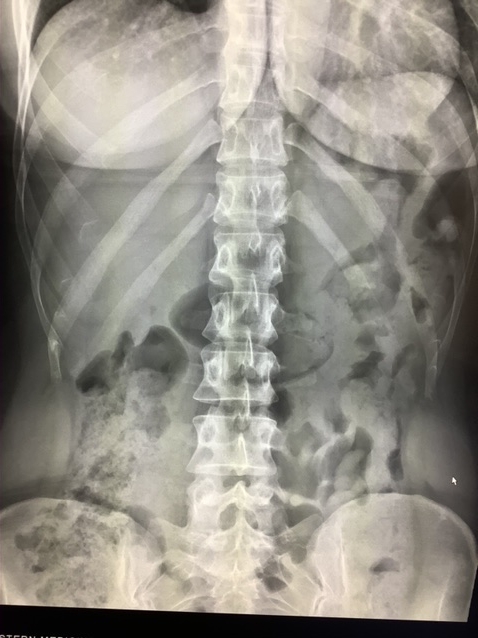Recommend MRI For Pancreatic Abnormality On Ultrasound
Recommend MRI for pancreatic abnormality on ultrasound is a common scenario on ultrasounds. An abnormal spot is seen and the radiologist recommends an MRI to take a closer look. The MRI is one of the best non invasive imaging tests to look at the pancreas. It’s more sensitive than CT for picking up cancers and other abnormalities in my opinion.
Ultrasound is used to look at the abdominal organs using high frequency sound waves. It is a quick test but does not provide the same detail as CT and MRI. It is heavily dependent on the skill and experience of the technologist doing the test. There are many factors that influence the quality of the images obtained. The image quality is not as good for heavier patients. The quality of the images may also be poor if gas filled bowel loops surround the pancreas.
Often, we do not get a great look at the pancreas because of these factors. Additionally, sometimes shadows form from bowel gas or other artifacts that cause the appearance of an abnormality. It is hard to tell if the abnormality is real or not. Even in cases when we know something is abnormal, we sometimes don’t know exactly what is it is. This is especially true if the abnormality is small. Say less than 1-2 cm. Even if the abnormality is larger than that, we often get additional imaging to get a better look.
Ultrasound is therefore a quick and easy way to look at the abdominal organs. But it really is limited. It may miss abnormalities or find ones which are not real. Therefore a radiologist often has a low threshold for suggesting an MRI to get a better look. Even for those abnormalities which are large, we recommend an MRI to get a better look and make a more confident diagnosis.

